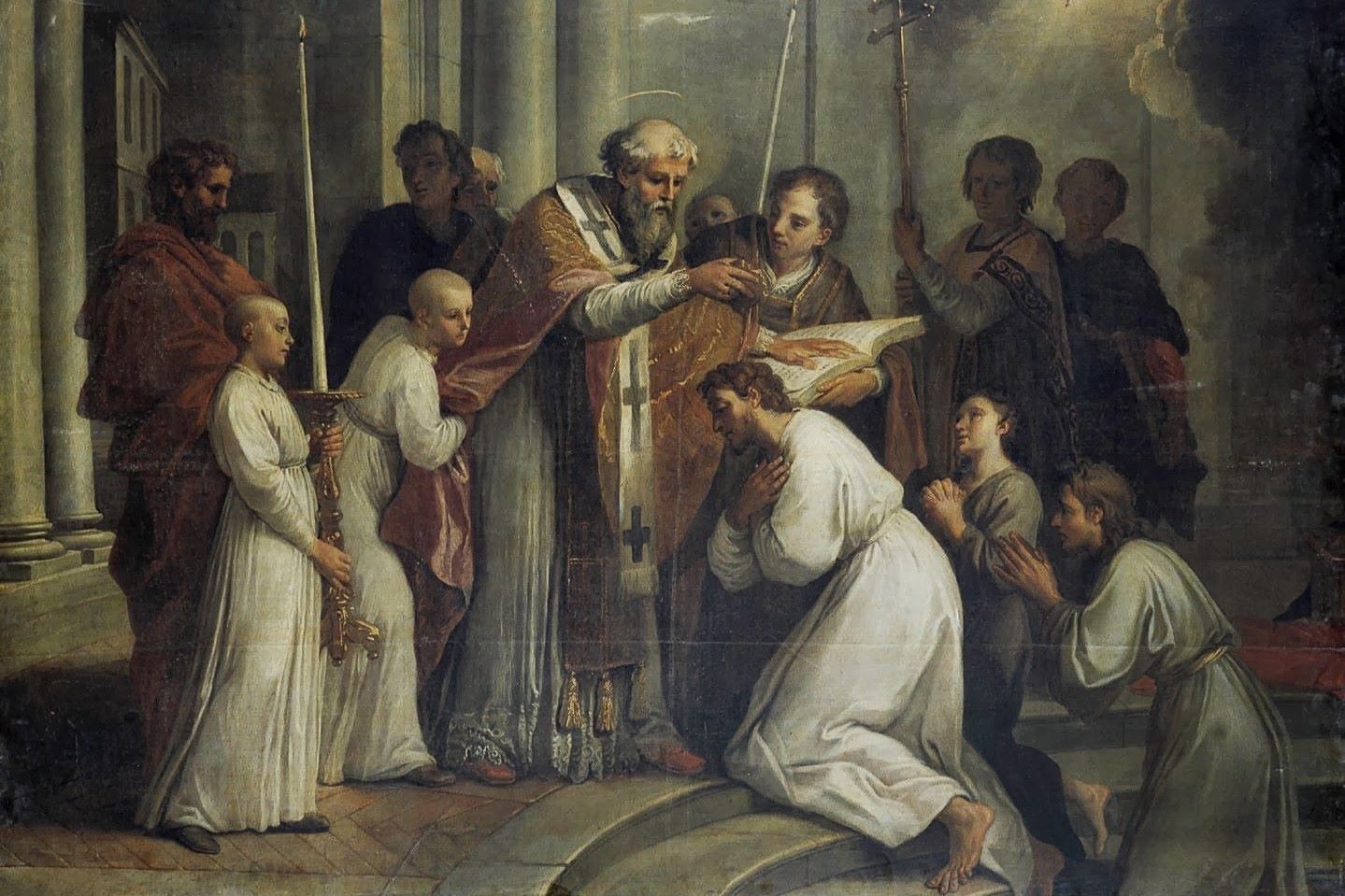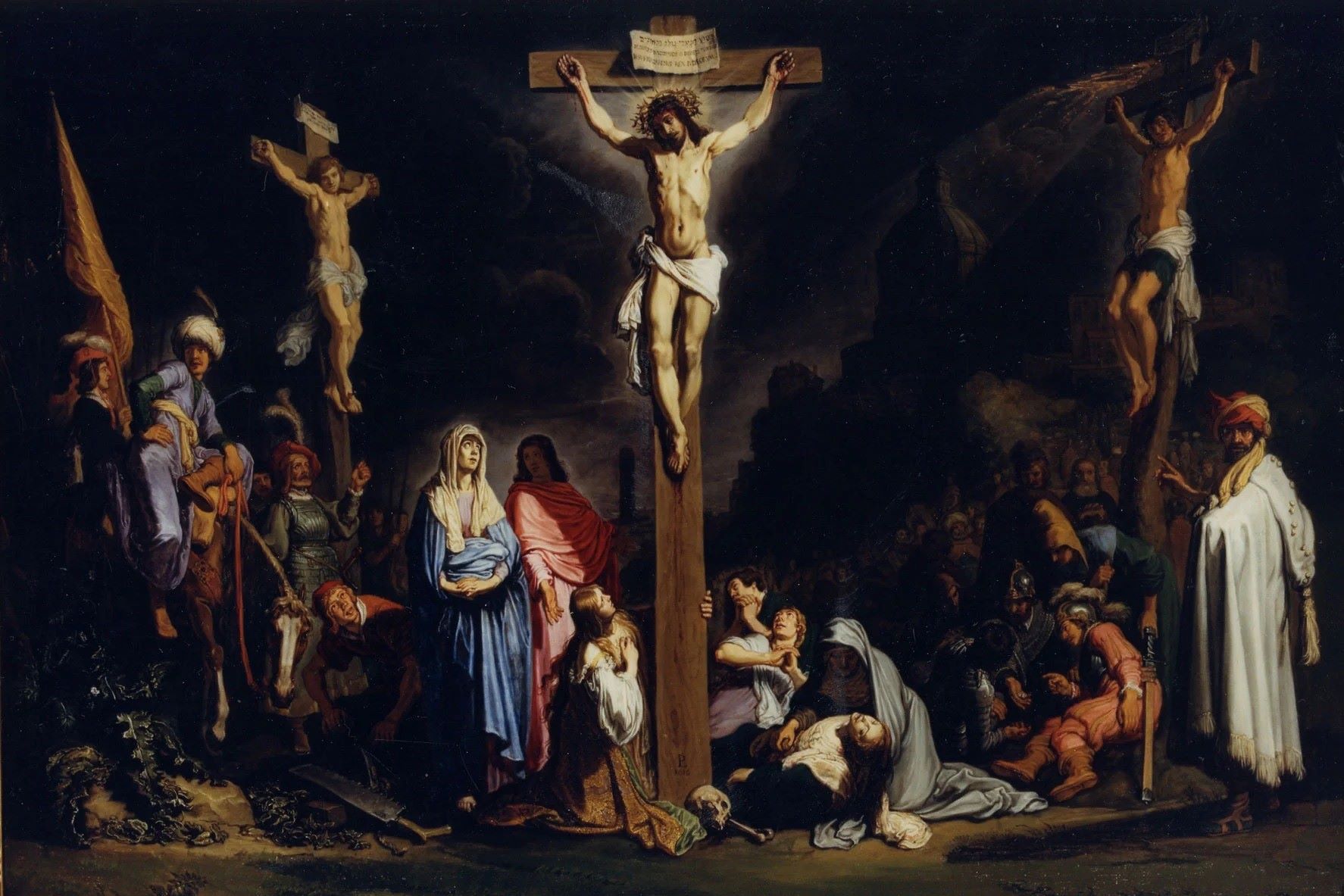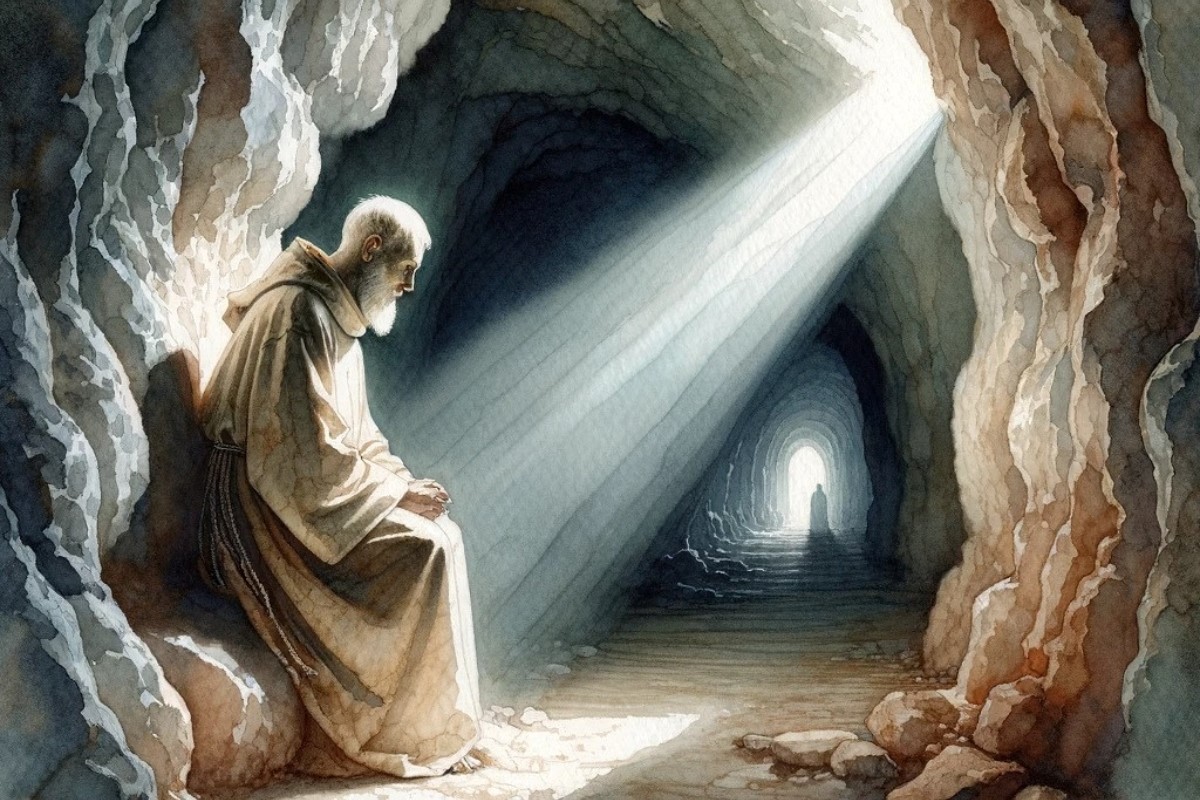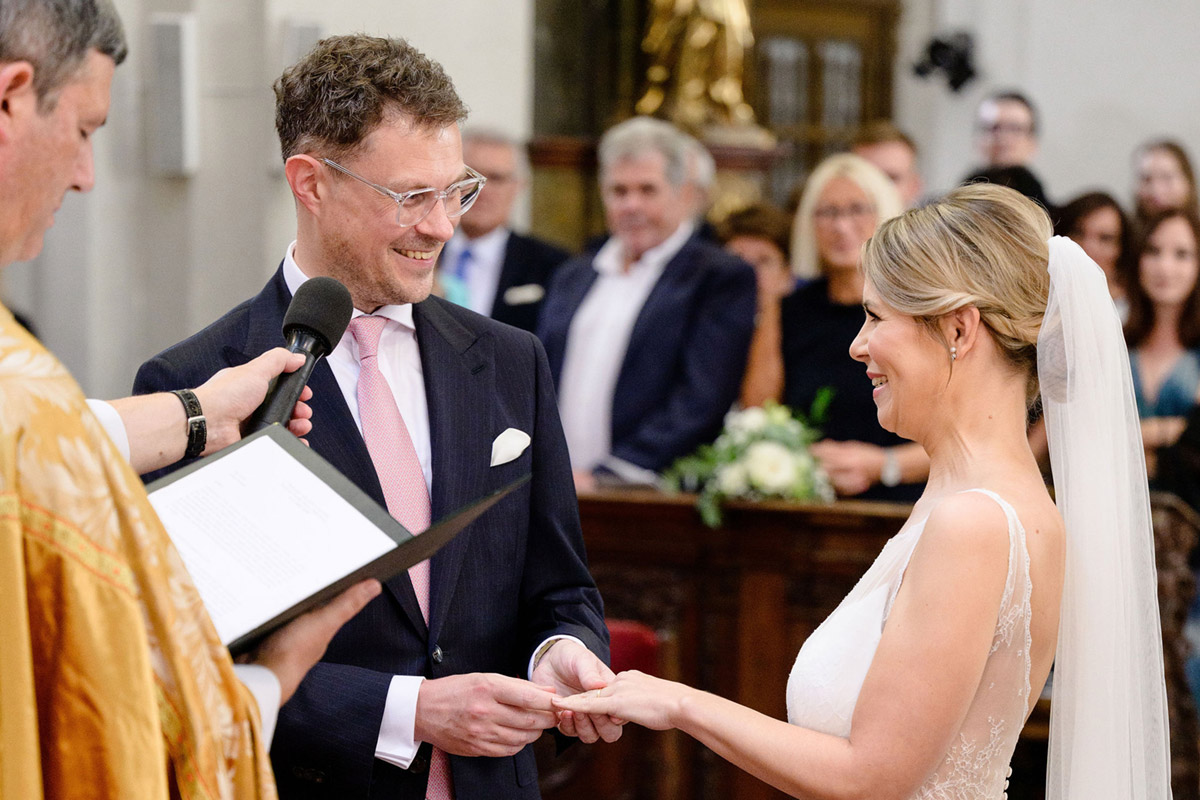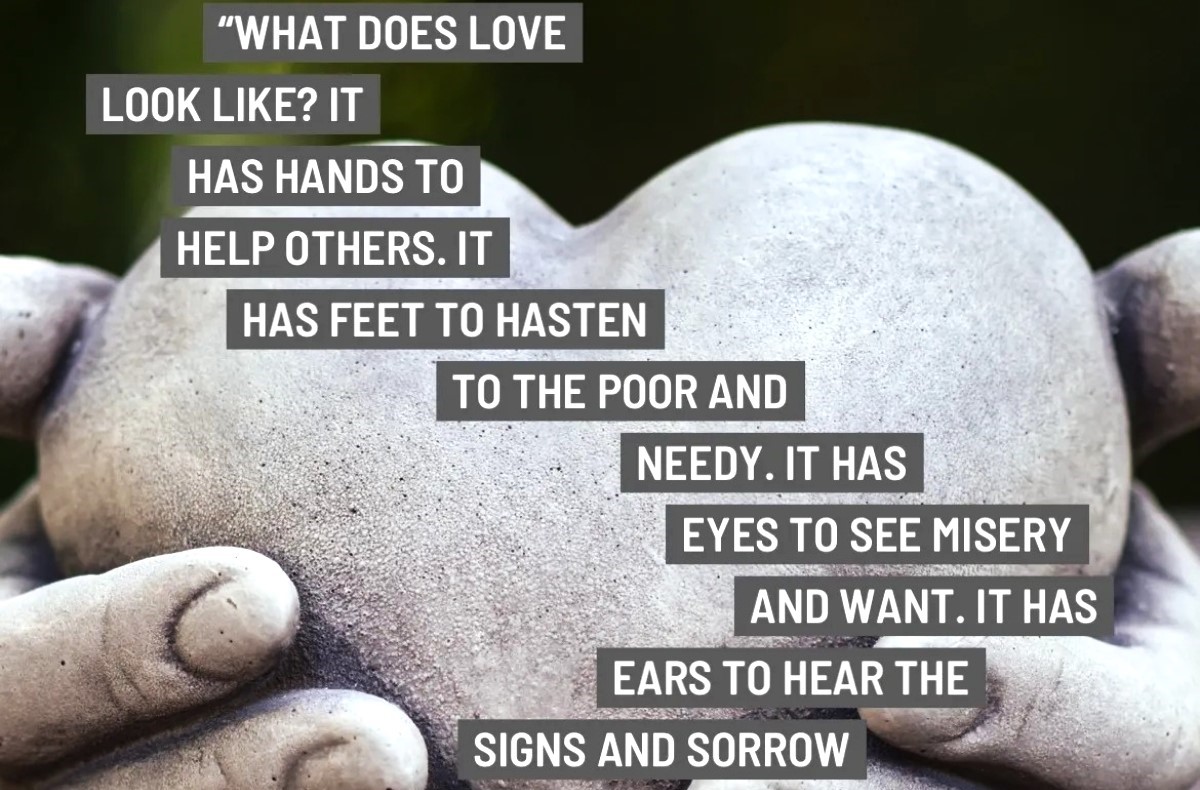Home>Theology and Spirituality>According To Augustine, What Changed Human Nature From Its Original State
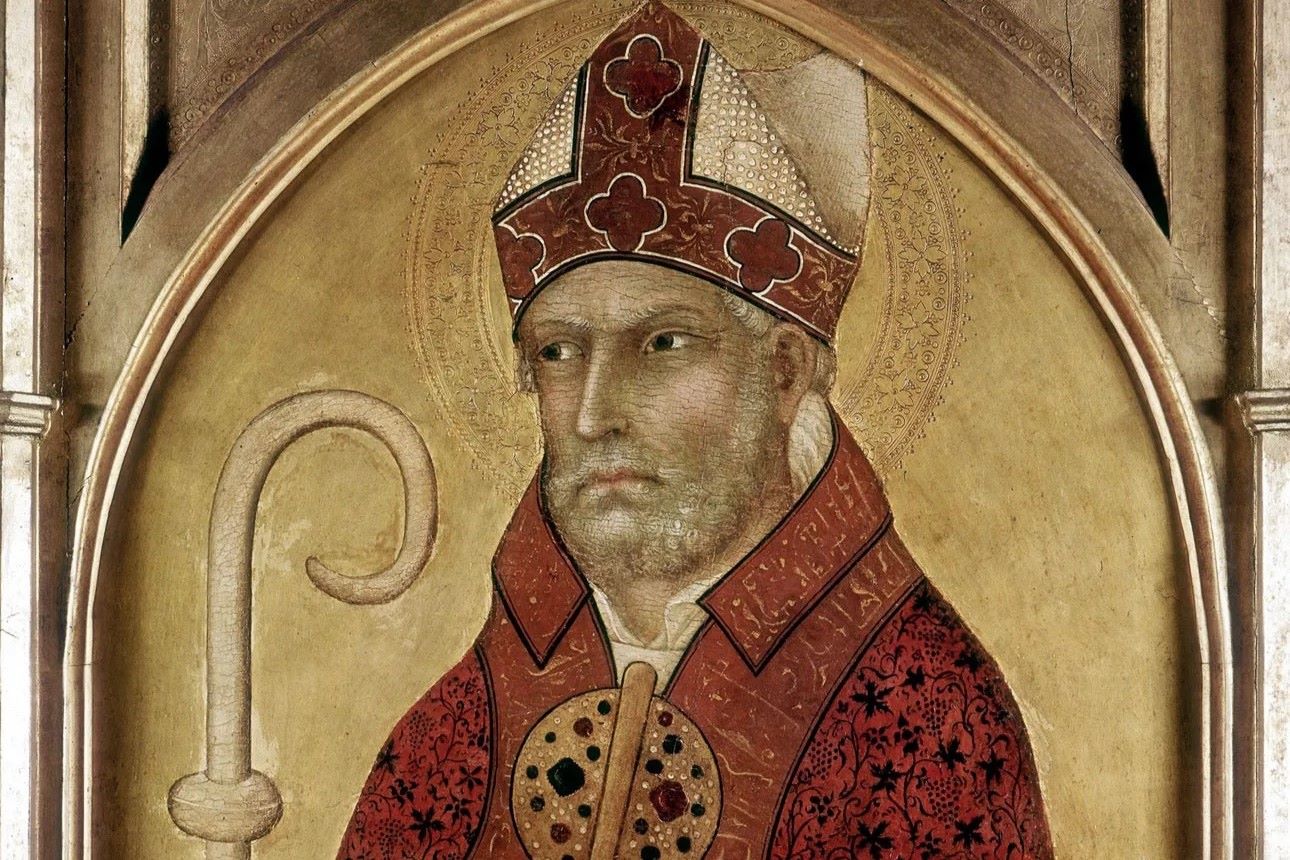

Theology and Spirituality
According To Augustine, What Changed Human Nature From Its Original State
Published: February 10, 2024
Jason DeRose, Managing Editor at Christian.net, uses his expertise in religion and journalism to deepen understanding of faith's societal impacts. His editorial leadership, coupled with a strong academic background, enriches the platform’s diverse content, earning him recognition in both journalism and religious circles.
Discover Augustine's perspective on the transformation of human nature from its original state in the context of theology and spirituality. Explore his profound insights.
(Many of the links in this article redirect to a specific reviewed product. Your purchase of these products through affiliate links helps to generate commission for Christian.net, at no extra cost. Learn more)
Table of Contents
Introduction
Augustine of Hippo, a prominent theologian and philosopher of the early Christian church, made significant contributions to the understanding of human nature and its transformation from its original state. His teachings on original sin and the fall of humanity have had a profound impact on Christian theology and spirituality throughout history.
Augustine's exploration of human nature delves into the fundamental aspects of human existence, addressing questions about the nature of good and evil, the purpose of life, and the relationship between humanity and the divine. His insights continue to resonate with believers and scholars, shaping theological discourse and spiritual reflection.
In this article, we will delve into Augustine's concept of original sin and its implications for human nature. We will explore the narrative of the fall of Adam and Eve, the consequences of original sin, and the profound theological implications of these foundational teachings. Furthermore, we will examine Augustine's perspective on the redemption of human nature through the transformative power of Christ's redemptive work.
As we embark on this exploration of Augustine's profound insights, we will gain a deeper understanding of the complexities of human nature, the struggles inherent in the human condition, and the transformative hope offered through the Christian faith. Augustine's teachings continue to offer profound wisdom and guidance for those seeking to comprehend the human experience within the framework of divine grace and redemption.
Augustine's Concept of Original Sin
Augustine's concept of original sin is rooted in his profound understanding of human nature and the theological implications of the fall of humanity. According to Augustine, original sin refers to the inherited condition of moral and spiritual corruption that affects all human beings as a result of the disobedience of Adam and Eve in the Garden of Eden. This foundational doctrine has significantly shaped Christian theology and spirituality, providing a framework for understanding the complexities of human nature and the need for divine redemption.
Central to Augustine's concept of original sin is the idea that all human beings are born with a sinful nature, inherited from the first human ancestors. He emphasizes that the disobedience of Adam and Eve resulted in a fundamental rupture in the relationship between humanity and God, leading to the transmission of sin and its consequences to all subsequent generations. Augustine's perspective on original sin underscores the pervasive nature of human depravity and the inherent inclination towards sinfulness that defines the human condition.
Furthermore, Augustine's concept of original sin highlights the profound impact of the fall on the human will and moral agency. He contends that the human will, once endowed with freedom and harmony, became enslaved to sinful desires and tendencies as a result of the fall. This understanding of the human will's bondage to sin underscores the profound effects of original sin on the entirety of human existence, shaping human behavior, relationships, and the broader human experience.
Augustine's teachings on original sin also emphasize the universality of human culpability and the need for divine grace and redemption. He asserts that the consequences of original sin extend to every aspect of human existence, permeating the individual and collective dimensions of human life. Augustine's concept of original sin serves as a foundational doctrine that underscores the inherent need for divine intervention and the transformative power of God's grace to restore humanity to its intended state of communion with the divine.
In summary, Augustine's concept of original sin offers a profound and comprehensive understanding of the pervasive impact of the fall on human nature. His insights into the inherited condition of moral and spiritual corruption, the bondage of the human will to sin, and the universal need for divine grace continue to shape theological discourse and spiritual reflection, providing a framework for comprehending the complexities of human existence within the context of divine redemption.
The Fall of Adam and Eve
The narrative of the fall of Adam and Eve, as depicted in the book of Genesis, holds profound theological significance in Christian tradition, and Augustine's interpretation of this pivotal event has had a lasting impact on theological discourse. According to the biblical account, Adam and Eve, the first human beings created by God, inhabited the idyllic Garden of Eden, enjoying a harmonious relationship with their Creator. However, their disobedience to God's command not to eat from the tree of the knowledge of good and evil resulted in a fundamental rupture in the relationship between humanity and God.
Augustine's interpretation of the fall of Adam and Eve emphasizes the moral and spiritual consequences of their disobedience. He underscores the pivotal nature of this event, portraying it as the origin of human sinfulness and moral corruption. Augustine contends that the disobedience of Adam and Eve introduced a profound disorder into the human condition, leading to the inheritance of a sinful nature by all subsequent generations. This inherited condition, known as original sin, became a defining aspect of human nature, shaping the moral and spiritual landscape of humanity.
Furthermore, Augustine's exploration of the fall of Adam and Eve delves into the implications of their disobedience for the human will and moral agency. He highlights the shift from a state of harmonious obedience to God's will to a state of moral vulnerability and enslavement to sinful desires. The fall, according to Augustine, resulted in the distortion of the human will, leading to a pervasive inclination towards sinfulness and moral frailty. This understanding of the fall underscores the profound impact of Adam and Eve's disobedience on the entirety of human existence, shaping the human will and moral landscape.
Augustine's interpretation of the fall of Adam and Eve serves as a foundational framework for understanding the complexities of human nature and the pervasive effects of sin on the human condition. His insights into the moral and spiritual consequences of the fall continue to inform theological reflection, providing a lens through which to comprehend the universal need for divine grace and redemption. The narrative of the fall of Adam and Eve, as interpreted by Augustine, offers profound insights into the complexities of human existence and the transformative hope offered through the Christian faith.
The Consequences of Original Sin
The consequences of original sin, as expounded by Augustine, permeate every aspect of human existence, shaping the moral, spiritual, and relational dimensions of humanity. Augustine's profound insights into the ramifications of the fall of humanity offer a comprehensive understanding of the pervasive effects of sin on the human condition.
First and foremost, the consequences of original sin manifest in the inherent moral and spiritual corruption that defines the human experience. Augustine emphasizes that the disobedience of Adam and Eve resulted in a fundamental rupture in the relationship between humanity and God, leading to the transmission of sin and its consequences to all subsequent generations. This inherited condition of moral and spiritual corruption, according to Augustine, taints the very fabric of human nature, leading to a pervasive inclination towards sinfulness and moral frailty.
Furthermore, the consequences of original sin extend to the human will and moral agency. Augustine contends that the human will, once endowed with freedom and harmony, became enslaved to sinful desires and tendencies as a result of the fall. This understanding of the bondage of the human will to sin underscores the profound impact of original sin on the entirety of human existence, shaping human behavior, relationships, and the broader human experience.
Moreover, the consequences of original sin permeate the relational dynamics of humanity, leading to discord and brokenness in human relationships. Augustine's teachings underscore the pervasive effects of sin on the fabric of human interactions, resulting in fractured relationships, societal injustices, and moral conflicts. The consequences of original sin are evident in the brokenness that characterizes human relationships, as individuals and communities grapple with the effects of sin on their interactions and social structures.
In summary, Augustine's elucidation of the consequences of original sin provides a profound framework for comprehending the pervasive effects of the fall on human nature. His insights into the inherited condition of moral and spiritual corruption, the bondage of the human will to sin, and the relational implications of original sin offer a comprehensive understanding of the complexities of human existence within the context of divine redemption. Augustine's teachings continue to resonate with believers and scholars, offering profound wisdom and guidance for navigating the challenges posed by the consequences of original sin in the human experience.
The Redemption of Human Nature through Christ
The profound theological implications of Augustine's teachings on original sin and the fall of humanity are intricately linked to the transformative hope offered through the redemptive work of Christ. Augustine's exploration of the redemption of human nature through Christ illuminates the profound implications of divine grace and the restoration of humanity to its intended state of communion with the divine.
Central to Augustine's theological framework is the concept of divine grace as the transformative agent in the redemption of human nature. He emphasizes the pivotal role of Christ's redemptive work in overcoming the pervasive effects of original sin and restoring humanity to a state of reconciliation with God. Augustine's teachings underscore the transformative power of Christ's atoning sacrifice, which serves as the antidote to the inherited condition of moral and spiritual corruption.
Furthermore, Augustine's perspective on the redemption of human nature through Christ highlights the profound implications of the Incarnation and the salvific significance of Christ's life, death, and resurrection. He elucidates the redemptive narrative as a transformative process that encompasses the entirety of human existence, offering the promise of spiritual renewal and reconciliation with the divine. Augustine's insights into the redemptive work of Christ provide a profound framework for understanding the transformative hope offered through the Christian faith.
Moreover, Augustine's teachings on the redemption of human nature through Christ emphasize the universal scope of Christ's redemptive work, extending to all humanity regardless of individual moral culpability. He underscores the inclusive nature of divine grace, offering the promise of redemption and spiritual renewal to all who embrace the transformative message of the Gospel. Augustine's perspective on the redemptive implications of Christ's work underscores the universal need for divine grace and the transformative hope offered through the Christian faith.
In summary, Augustine's profound insights into the redemption of human nature through Christ offer a comprehensive understanding of the transformative hope and spiritual renewal made possible through the redemptive work of Christ. His teachings continue to resonate with believers and scholars, providing a profound framework for comprehending the transformative implications of Christ's redemptive work in restoring humanity to its intended state of communion with the divine. Augustine's perspective on the redemption of human nature through Christ serves as a guiding light for those seeking to embrace the transformative hope offered through the Christian faith.






